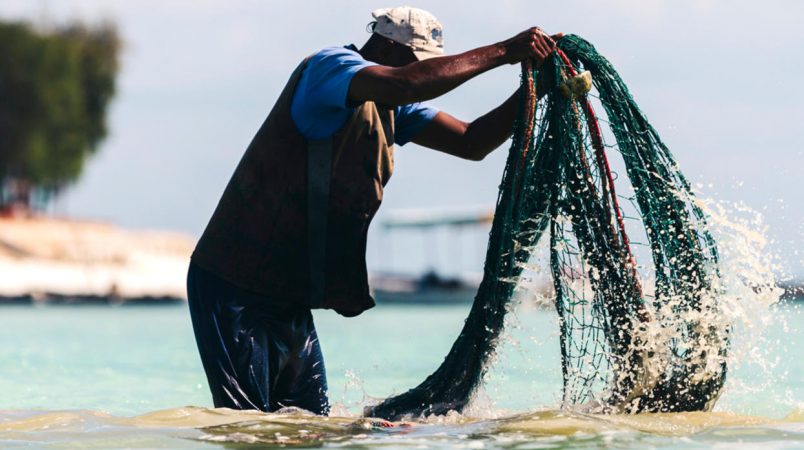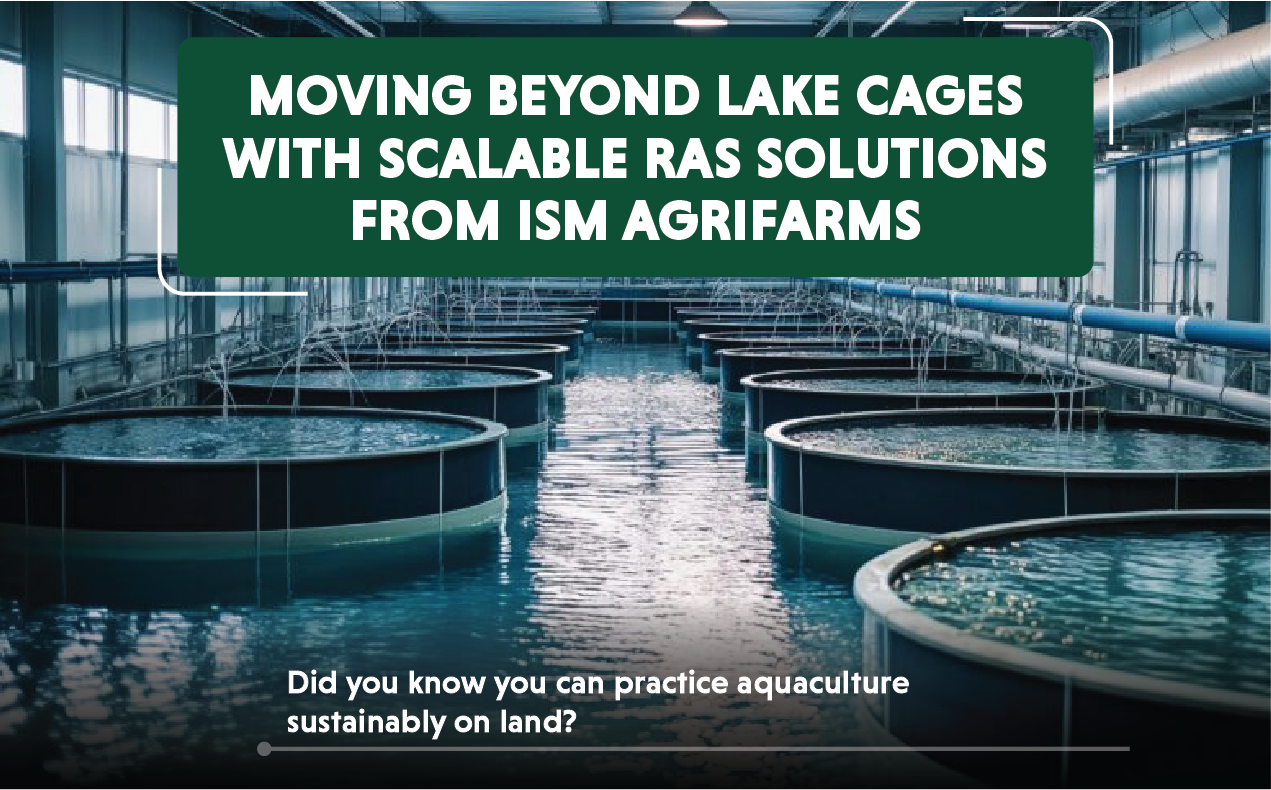African leaders gathered in Moroni, the capital city of Comoros, to participate in a ministerial meeting focused on harnessing the potential of Africa’s oceans, seas, and rivers for sustainable development. The discussions revolved around leveraging these aquatic resources, resulting in the adoption of a strategy known as the declaration. This declaration outlines a shared vision and commitment to promoting the blue economy as a key driver of growth, innovation, and resilience in Africa.
The blue economy refers to the sustainable use of ocean, river, and lake resources to achieve economic and social benefits while preserving the health and diversity of marine ecosystems. The UN Economic Commission for Africa estimates that effective and sustainable management of the blue economy could contribute up to $1.5 trillion to the global economy. Africa, with its 38 coastal states, heavily relies on the blue economy, as 90% of its imports and exports are conducted by sea. Additionally, coastal tourism is projected to generate an estimated value added of $100 billion by 2030, and the blue economy sectors currently provide 49 million jobs, with a projected value of $405 billion by 2030.

During the Moroni meeting, the participants also discussed the implementation of the Great Blue Wall initiative, an Africa-driven roadmap aimed at enhancing maritime security, governance, and the resilience of coastal communities to climate change. By conserving and restoring critical marine and coastal ecosystems and developing a regenerative blue economy, this initiative has the potential to create livelihood opportunities for 70 million people.
The challenges faced by coastal and island states, including climate change, illegal fishing, piracy, pollution, overexploitation of resources, lack of infrastructure and skills, and weak institutional and regulatory frameworks, were highlighted by Comoros President Azali Assoumani. To address these challenges, Musa Faki Mahama, the Chairperson of the African Union Commission, emphasized the importance of implementing the African Union Strategy and Plan of Action on Climate Change and Development 2022-2032. He also encouraged African countries to pursue low-carbon development paths in line with the African Union Green Recovery Action Plan for Sustainable Development.

The participants of the meeting agreed on a set of priority actions to implement the Moroni declaration. These actions include strengthening trade relationships between the Island States and other States through the African Continental Free Trade Area (AfCFTA), expanding the regional maritime security architecture for the Western Indian Ocean, increasing public and private investment in sustainable coastal and marine value chains, promoting responsible and sustainable fisheries, green infrastructures, ecotourism, renewable energies, and fostering blue innovation.

The Moroni declaration will serve as a foundation for engaging with other regions and stakeholders to advance the blue economy agenda at the global level. It is expected to be endorsed by global leaders at upcoming events such as the 2023 African Climate Action Summit in Kenya, the 2023 UN Climate Change Conference (COP28) in Dubai, and the Conference of Small Island Developing States in Antigua and Barbuda.




